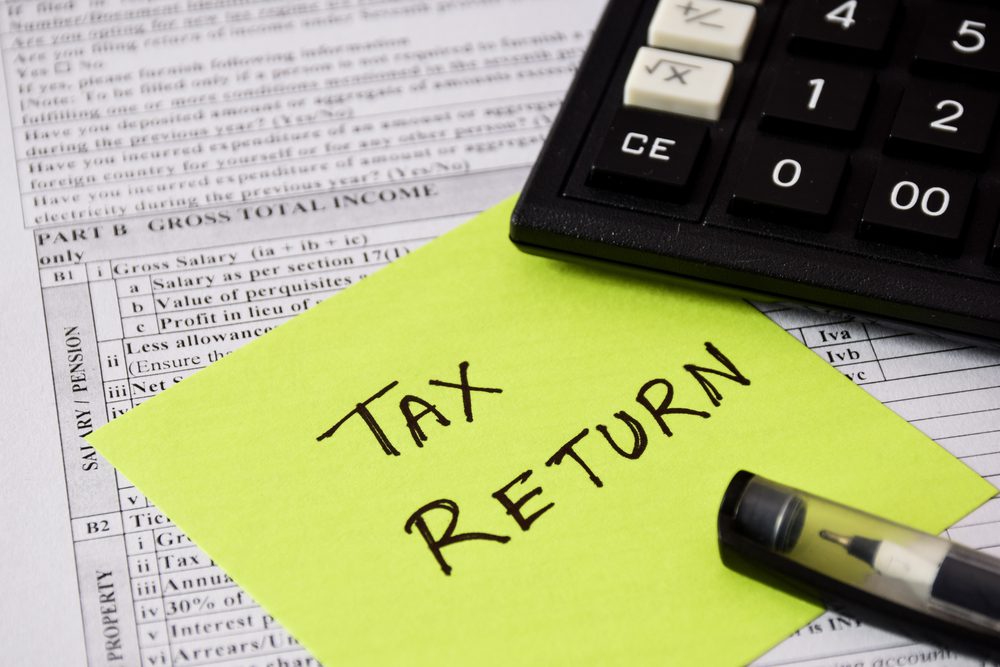
Essential Tax Forms and Good Record-Keeping Habits
When tax season arrives, being organized is your best defense against stress and mistakes. For retirees, a few key documents are essential for accurately reporting income and figuring out the tax on your Social Security.
Key Tax Forms for Retirees
Be on the lookout for these forms in your mailbox or online portals, typically in late January.
Form SSA-1099 (Social Security Benefit Statement): This is the most important form for this topic. It reports the total amount of Social Security benefits you received during the year. Box 5 shows your net benefits and is the number you use in your tax calculations.
Form 1099-R (Distributions from Pensions, Annuities, etc.): You will receive this form for any money you took out of a pension, 401(k), or IRA.
Forms 1099-INT and 1099-DIV: These report any interest and dividend income you earned from bank accounts or investments.
Form 1040 (U.S. Individual Income Tax Return): This is the main federal tax return. A special version, the 1040-SR, is available with larger print for seniors.
Schedule A (Itemized Deductions): You’ll only use this if you choose to itemize your deductions instead of taking the standard deduction.
Building Audit-Proof Habits
Good record-keeping isn’t about fearing an audit; it’s about being prepared and confident in the numbers you report. A few simple habits can make a huge difference.
Keep a Tax Folder: Create a dedicated folder, either physical or digital, for the entire year. As you receive tax-related documents or receipts, put them in the folder immediately. This avoids a frantic search in April.
Track Medical Expenses: If you think you might itemize deductions, keep track of all your medical costs. This includes insurance premiums (including Medicare Parts B and D), co-pays, prescription costs, and even the mileage to and from appointments.
Document Donations: For any charitable contributions, keep the acknowledgment letters from the charity. This is especially vital for a Qualified Charitable Distribution (QCD), where the IRA custodian may not report it correctly on the 1099-R. The charity’s letter is your proof.
Save Year-End Statements: Keep the final brokerage and retirement account statements from December. They provide a valuable summary of the year’s activity.










Would like information on my tax payment and how to see how it is handled Thank you.